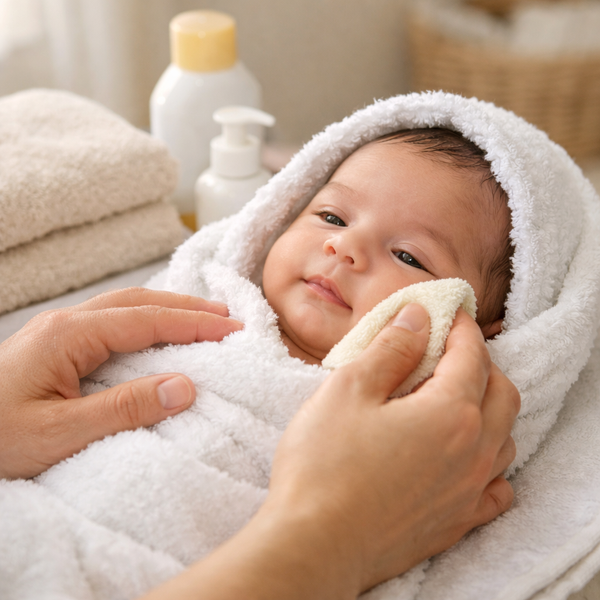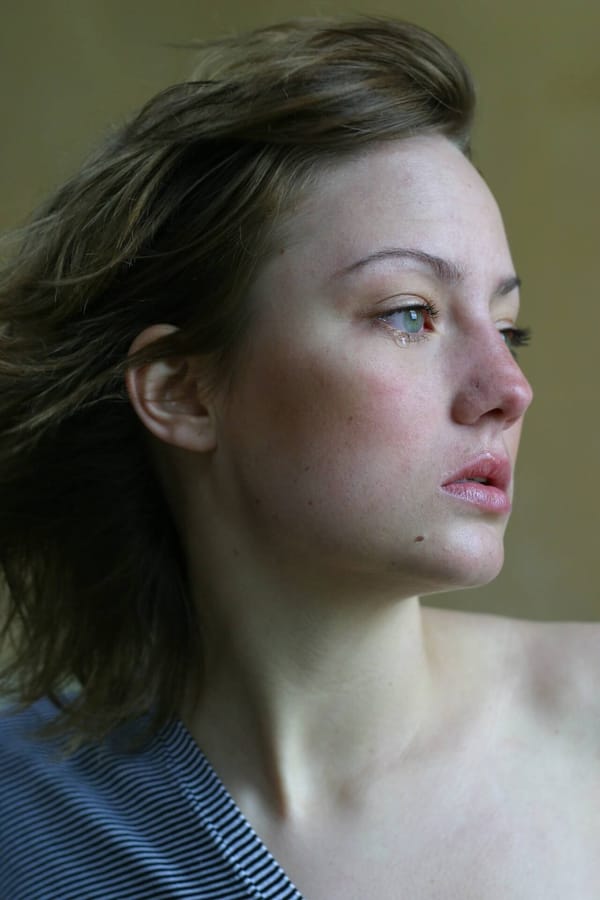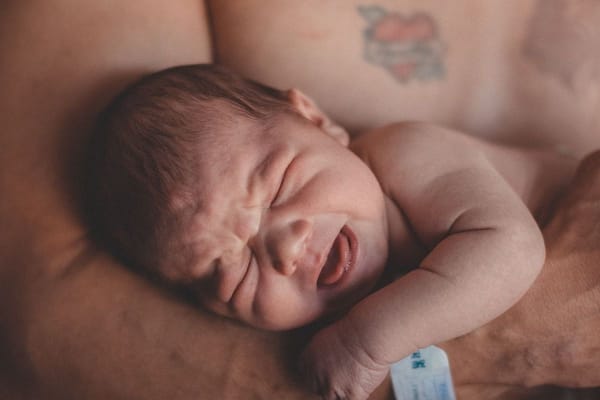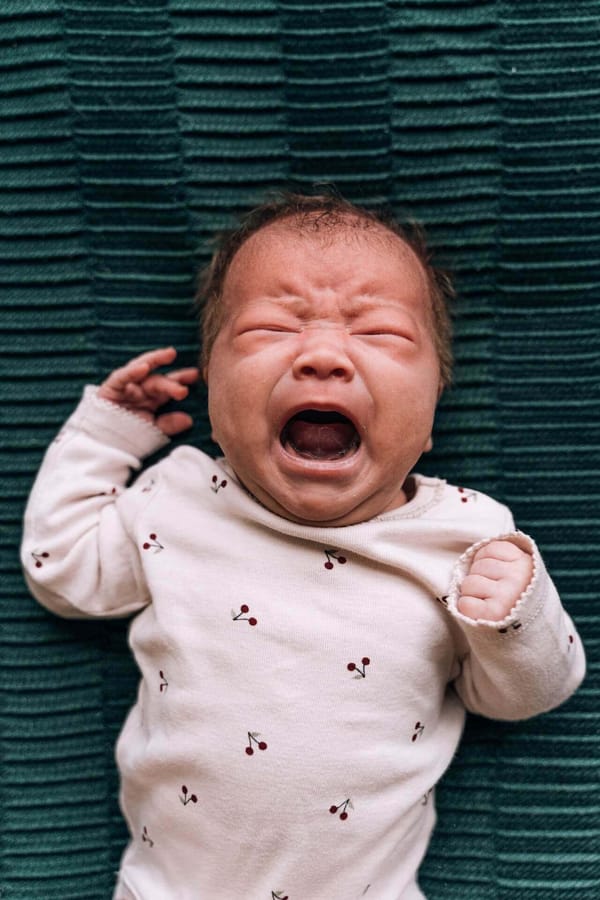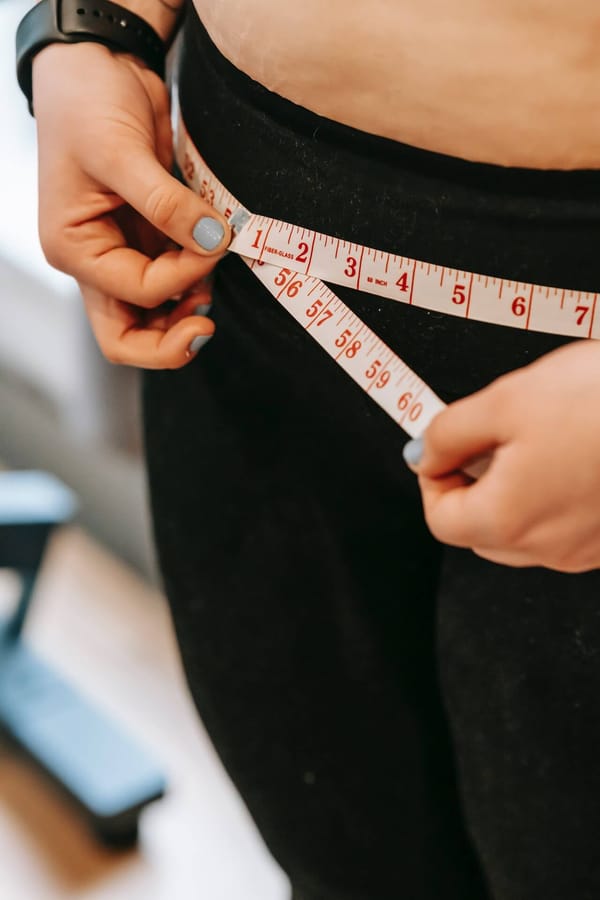- What is the postpartum depression?
A complex mix of physical, emotional, and behavioral changes that happen in some woman after giving birth. This is one of postpartum medical condition. It affects up to 15% people. It is not your fault and the most common problem for new moms. This can make it hard for you to take care of yourself and your baby.
- Types of postpartum mood disorders
Baby blues is very common in women after child birth (50%-70% of people). You may feel sadness and anxiety for no exact reason if you have baby blues. But this is not a serious condition and most moms naturally recover within two weeks.
Postpartum depression is a serious and common condition than baby blues (1 in 7 of new moms) and need psychotherapy or antidepressants. Postpartum psychosis is an extremely severe form and needs emergency medical attention. But this condition is relatively rare. As baby blues affects 75% of new moms, up to 15% of these people will develop postpartum depression. And 1 in 1000 people develop postpartum psychosis.
Because of that we are talking about not only serious but also a very common disorder called postpartum depression (PPD) as it can develop to postpartum psychosis.
-
Symptoms of PPD
- Severe mood swings
- Crying too much unnecessarily
- Can feel unconnected with baby
- Loss of appetite or too much eating
- Sleeping too much or not sleeping at all (Insomnia)
- Tiredness
- Felling not interested for anything
- Irritability and anger
- Feeling ‘‘I’m a bad mother’’
- Anxiety
-
Risk Factors
- Depression before delivery or pregnancy
- Bipolar disorder
- PPD after a previous pregnancy
- Family history with mood disorders
- Stressful personal life
- Baby’s bad health
- May having multiple births
- Unwanted or unplanned pregnancy
- Feeding problems to baby
- Weak support system
- Age (35+ years old)
- Heredity
- Hormonal imbalance
-
Result of Untreated PPD
You may feel moody and no energy at all. And your partner also can be victimized of depression due to your medical condition. Therefor you will unable to caring of baby and this will lead to sleeping, feeding, learning and behavioral problems in babies. You can harm yourself, your partner and even your baby.
- Treatments
Antidepression medications can use under the supervision of a doctor or therapist. But this will not enough for the full recovery. With the medication you can take some psychotherapy by meeting therapist. For emotional supporting you can participate to the support group discussion while taking counselling. Not only the medications and therapy you must need special care and attention and even you must feel the love of your partner and family.
- Prevention
Prevention is better than treatment. You may victimized depression during pregnancy or after delivery. So, tell your doctor if you are pregnant and feeling depressed. Then take appropriate treatments done. Apart from the treatments you can do certain things that can cured the PPD such as, meditation, being busy with favorite activities like reading books, take some rest, get enough sleep, get enough nutrients, sing a song, write a journal about yourself, listen relaxing music and breast feed baby. These fun activities will change your mood swings.


